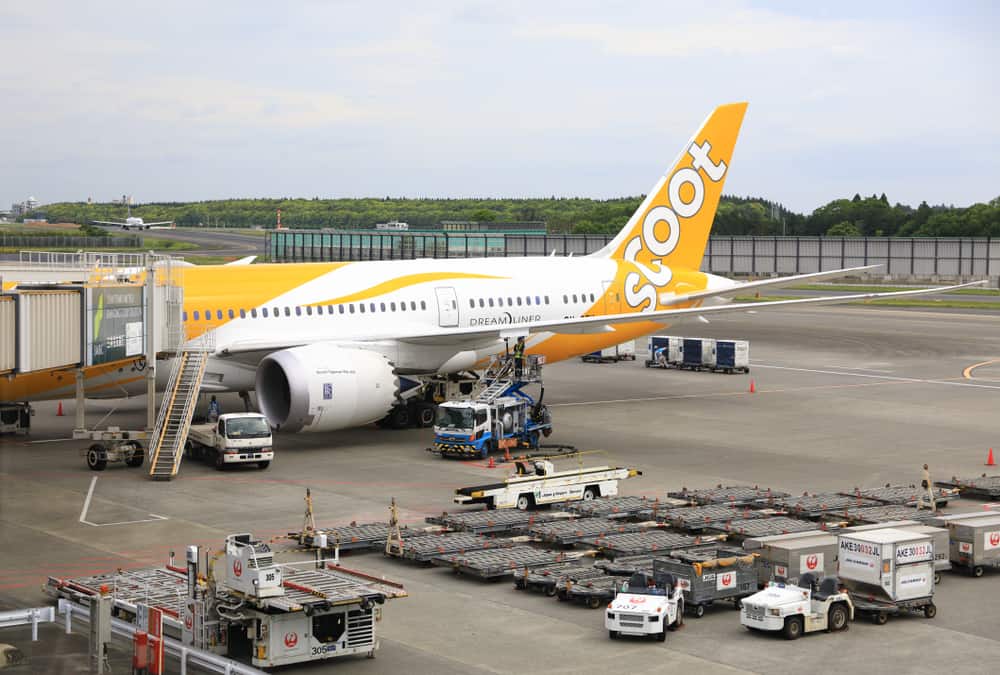The air freight industry has seen dramatic changes in recent years, especially the widespread digitalization of the overall logistics industry. Now, airlines are searching for better metrics to control and supply demand.
For a while, the air freight industry was not so different than the ocean freight industry, with both facing stagnant growth in past years.
An increase in passenger demand pushed airline companies to buy more aircraft. This initially boosted air freight capacity, but demand did not match supply, causing a supply surplus which resulted in sliding air freight prices.
Luckily, with an increase in express-parcel deliveries worldwide, more companies and individuals are now buying from producers directly. Online shopping trends have significantly impacted demand. The total value of online shopping orders shipped increased in value by a third, to $400 billion, compared to previous years. That trend of upward growth is expected to continue every year. Initially, most of these goods are shipped via air.

What kind of developments can we expect from the air freight industry in the near future?
We are seeing that the industry’s big players have already started making the necessary changes to analyze big data, in order to take more-efficient approaches to planning and infrastructure. Thus, they have better control in arrangements to determine availability and predictability compared to previous years.
Whether they will invest in more aircraft to satisfy the needs of expanding global trade is an open question. Moreover, we observe that customers such as Amazon are also interested in bringing solutions to their logistical needs. Companies with big growth potential and high trade volume are looking into technological advancements in the modern world to cope with increasing demand.
We predict airline companies will be more inclined to save space for bigger retailers to ensure they receive stronger return on their investments.
Therefore, it’s essential to make early arrangements before peak seasons, as space and availability hits low levels, and capacity is unable to supply freight needs.
There are always certain ways to arrange shipments even under tight circumstances. However, considering the costs compared to a regular shipping service may make buyers and shippers take different measures. Small to medium-size shippers and importers must be extra cautious when creating their shipping timeline.
Considering consolidation services can be a good idea if you’re shipping in fewer quantities, as this will enable you to save more on your air shipment costs. Additionally, working with a freight forwarder with consolidation air services can increase your chances of reserving space during tighter periods.





5
0.5
5
Comments are closed.